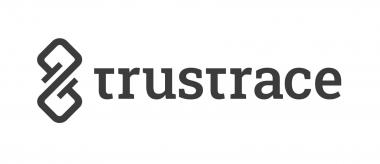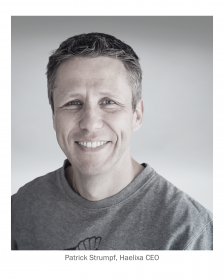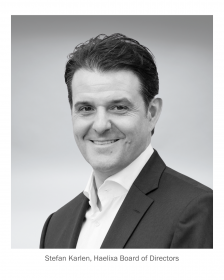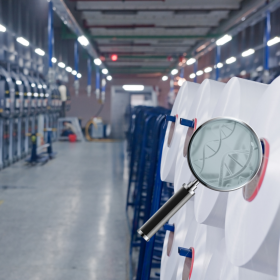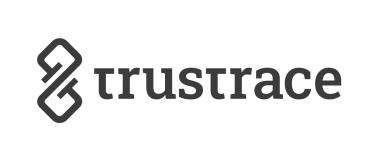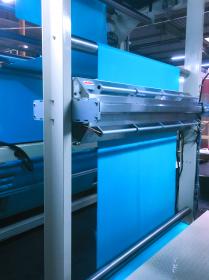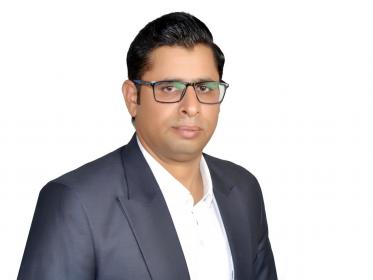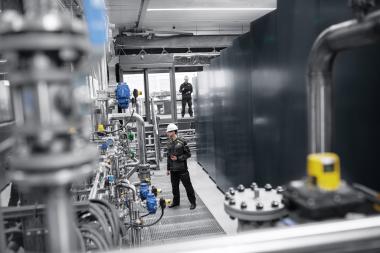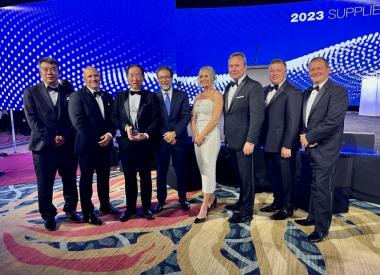TrusTrace completes $24 Million Growth Investment
TrusTrace, a SaaS company with for product traceability and compliance, has announced the completion of a (U.S.) $24 million growth investment led by Circularity Capital, a specialist investor in businesses that enable the circular economy, with participation from existing investors Industrifonden and Fairpoint Capital.
According to Shameek Ghosh, CEO and Co-Founder of TrusTrace, the new investment will enable the company to further accelerate its global expansion ambitions by strengthening its presence in key markets, deepening product innovation and expanding collaborations – helping to create a global network where all value chains are traceable, circular, and fair.
Traceability has accelerated in importance and momentum as a key enabler of sustainable transformation, as evidenced by TrusTrace’s five-fold growth in subscription revenue in the 27 months since the previous growth round by Fairpoint Capital and Industrifonden in 2021, preceded by seed funding from Backing Minds in 2019.
With more than a billion products now tracked through the platform, TrusTrace has established itself as a business-critical solution for supply chain traceability. TrusTrace customers include adidas, Brooks Running, Tapestry, Asics and many more. TrusTrace also plans to offer its services to regional and mid-size brands in 2024.
TrusTrace


